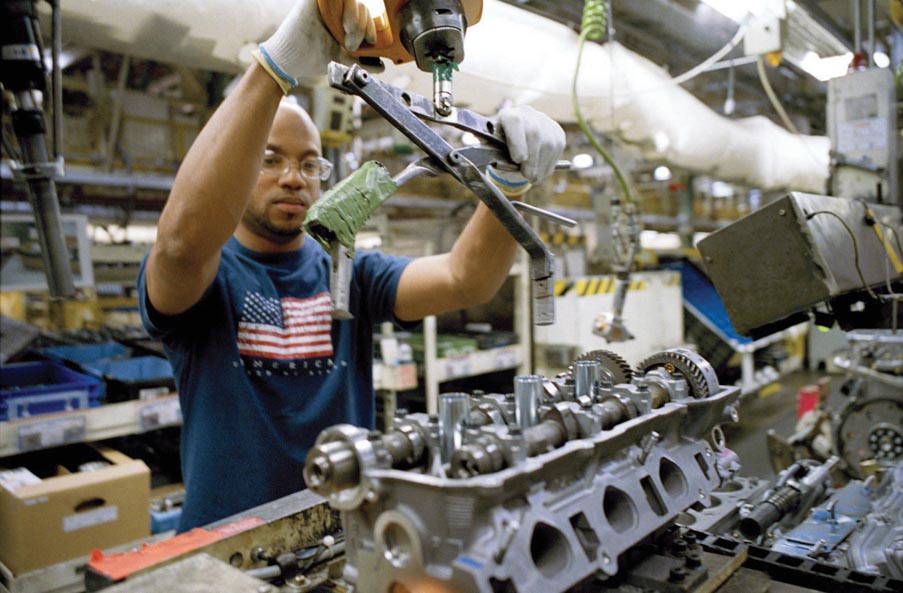More Reform, Fewer Rules Will Help U.S. Manufacturing
Dallas Fed President Richard Fisher has long complained that U.S. politicians have undermined the economic recovery, and he reiterated that message in a speech that nonetheless remained hopeful that American manufacturers could yet become the “most efficient operators in the world.”
A policy hawk who has said the central bank will likely trim its bond-buying program next month, Fisher said little about Fed policy on Thursday except that companies in general have benefited from the monetary accommodation.
In a speech where he compared U.S. manufacturing to the race horse Secretariat, Fisher said the sector could be helped by “throwing out old, counterproductive fiscal and regulatory policies” that would allow manufacturers to outpace their global competition.
“American companies … have taken advantage of the cheap and abundant money made available by the Fed’s very accommodative monetary policy to create lean and muscular balance sheets,” he told a manufacturing conference, according to prepared remarks.
“While there are many risks in the policy that the Fed has been pursuing … every manufacturer of goods in America has been given a great gift by your central bank,” Fisher said.
The Fed has kept interest rates near zero since 2008 and more than tripled its balance sheet to some $3.6 trillion in an unprecedented effort to lower borrowing costs and encourage investment, hiring and growth.
But the recovery has been erratic and growth has remained below 2 percent this year thanks in part to tighter fiscal policies.
While U.S. manufacturing production took a beating in the 2007-2009 recession, it has rebounded in recent years and the latest monthly data show factory activity jumped to a two-year high in July.
“The remaining obstacle to being the absolute best economy for manufacturers and other businesses, bar none,” Fisher added, “has been fiscal and regulatory policy that seems incapable of providing job-creating manufacturers and other businesses with tax, spending and regulatory incentives to take advantage of the cheap and abundant fuel the Fed has provided.”



 Parade Magazine
Parade Magazine
Leave a Reply
Want to join the discussion?Feel free to contribute!